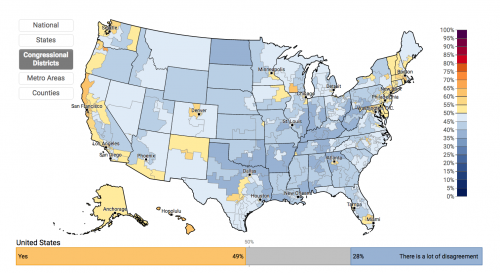WTF is wrong with you?
Here’s yet another story about the sexist culture at that place. She’s recounting how a pig named “Mike#2” was allowed to run rampant.
Other female employees who were his seniors often discussed in private about his lewd comments and sexist behavior but no one was ever brave enough to complain to the senior management and HR because the management is known to ignore the complaints and many times punish the women by accidentally leaking the names of the women over private chat groups. Travis is well known to protect high performing team leaders no matter how abusive they are towards their employees. The HR team was known to be deftly afraid of Travis’s tendency to blame and ridicule the women and yell at HR whenever they went in with complaints of abuse. I heard about Travis personally congratulating Mike#2 for meeting strict deadlines months after I complained to HR about my abuse. It was clear to me that the regressive and abusive attitude towards female employees was trickling down from the top. After several months of this abuse and failed complaints to HR, I couldn’t stand it any longer. The animosity towards me got worse and in my performance reviews, it was noted that I was not a team player, not creative, directionless. There were days when I would come home from work and lie down in my bed till the alarm woke me up. I would cut my mom’s calls and reject meeting requests from friends. I would wonder why I went to grad school instead of wearing heels and marrying a rich guy so I would never have to work. It was then that I knew I had to stop this vicious environment from destroying my life. Within three days of my last performance review, I quit. I wore my New Balance sneakers to work, surrendered my employee tag, mobile phone and computer. I deleted the Uber app on my phone. Even though I don’t work at Uber any longer, the damage that was done to me by Uber’s work environment ruined my spirit. It damaged what was most precious to me : dignity and self respect. This abuse happened not because I didn’t wear heels or because I was directionless. It happened for the sole reason that I am a woman who told a man what she really thought.
And now the NY Times breaks a story about how Uber evades regulatory oversight.
Uber has for years engaged in a worldwide program to deceive authorities in markets where its low-cost ride-hailing service was being resisted by law enforcement, or in some instances, had been outright banned.
The program, which involves a tool called Greyball, uses data collected from Uber’s app and other techniques to identify and circumvent officials. Uber used these to evade authorities in cities such as Paris, Boston and Las Vegas, and in countries including Australia, China, South Korea and Italy.
Uber is unethical inside and out. I’ve never used it (not that there’s much opportunity in Morris, Minnesota) and never will.






